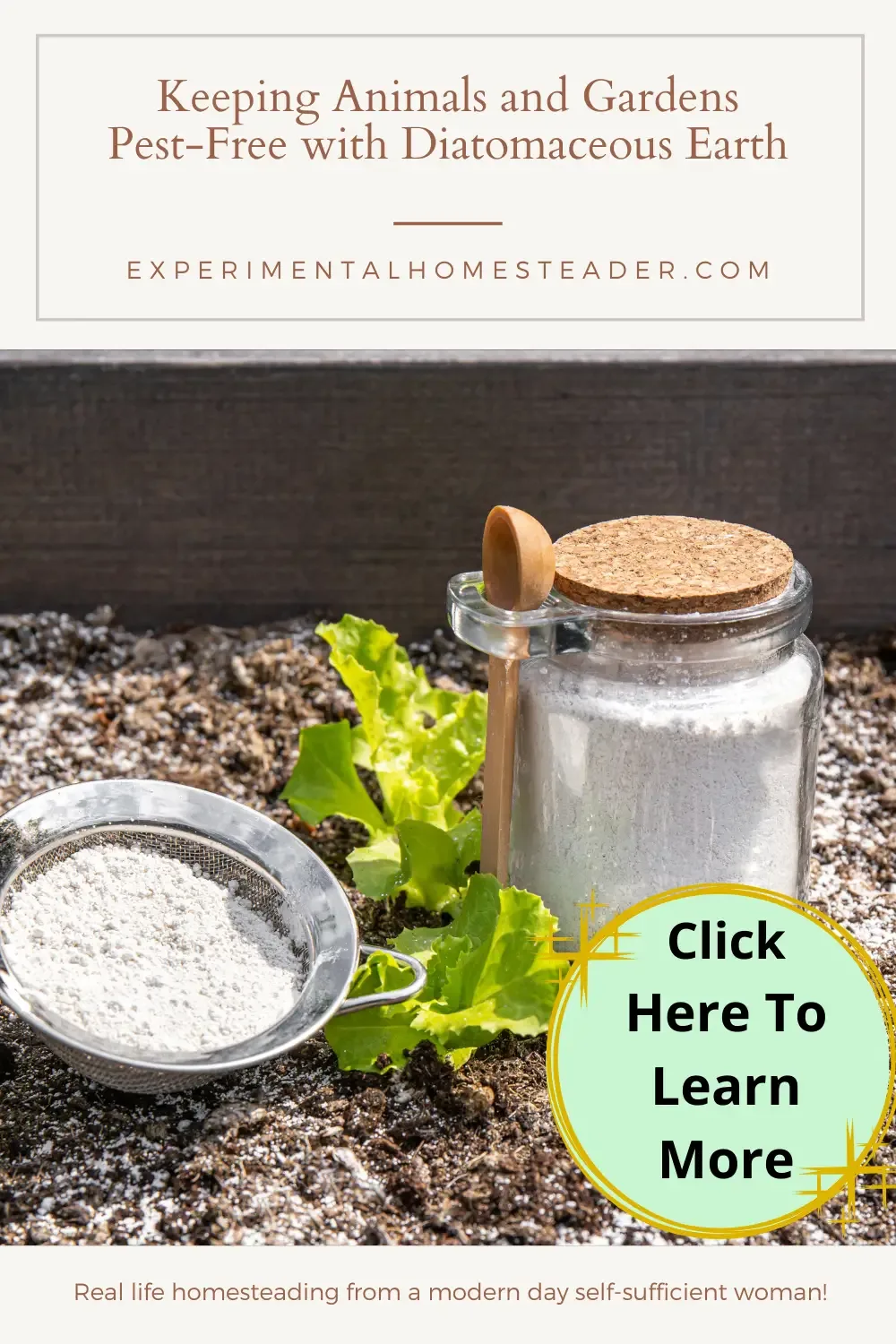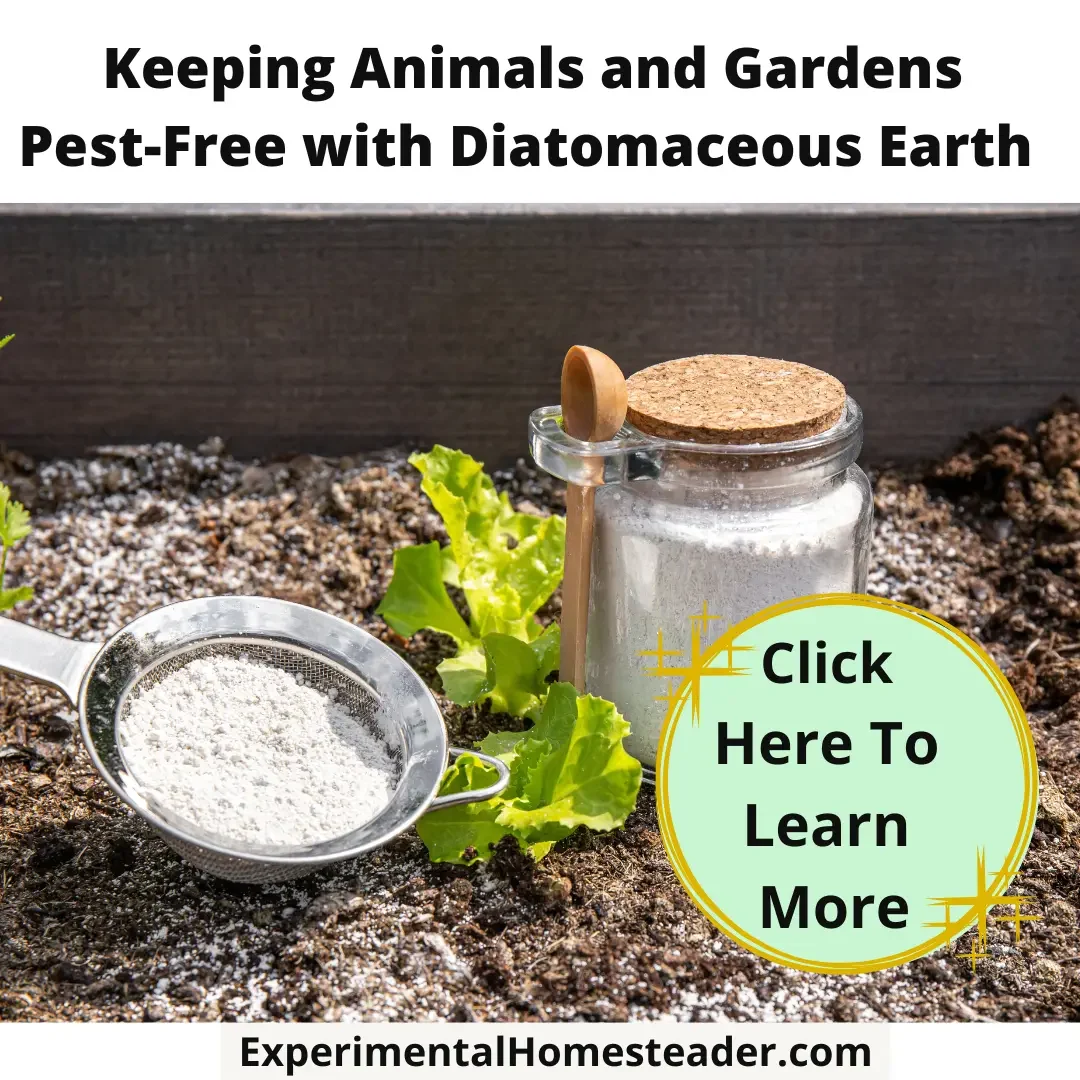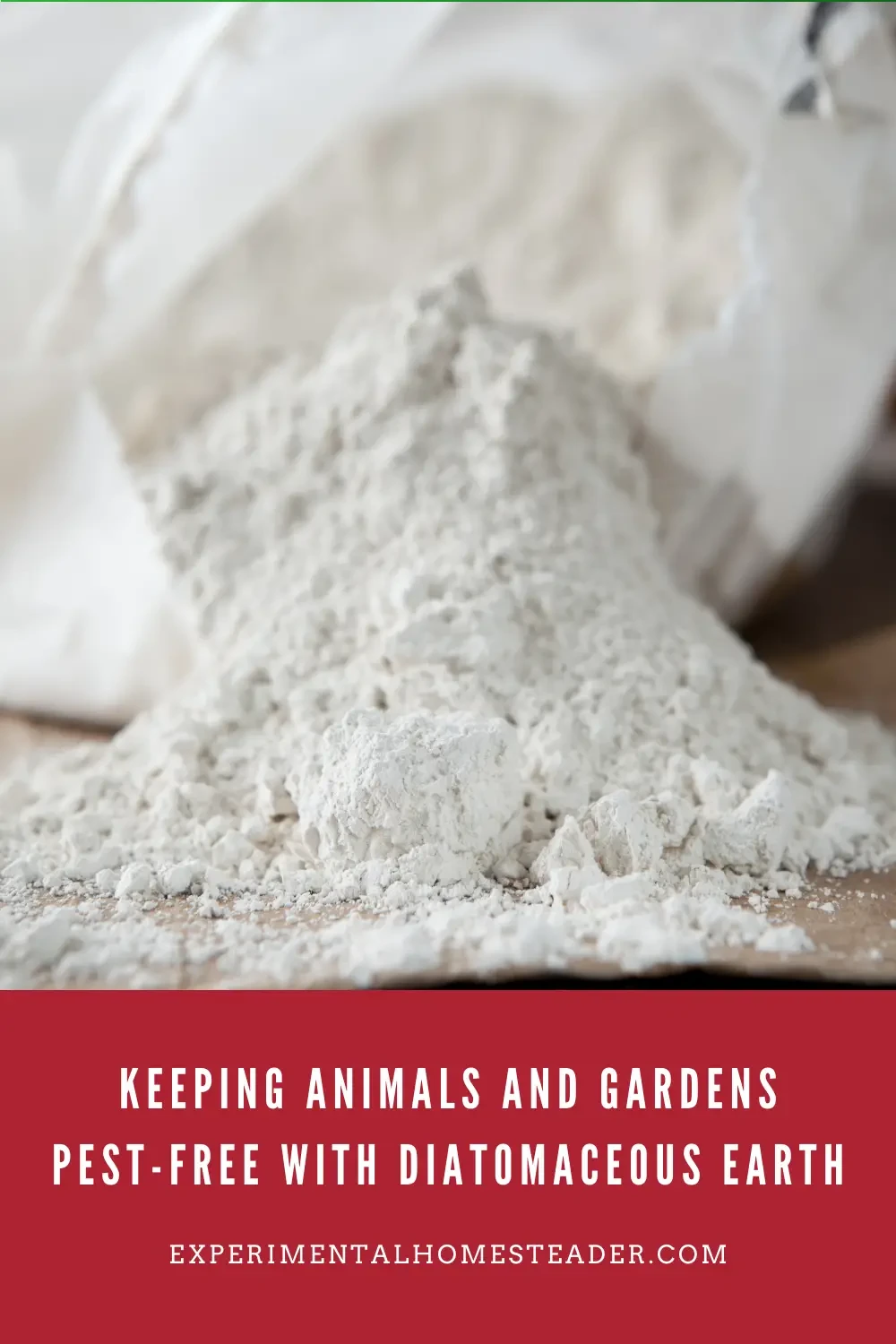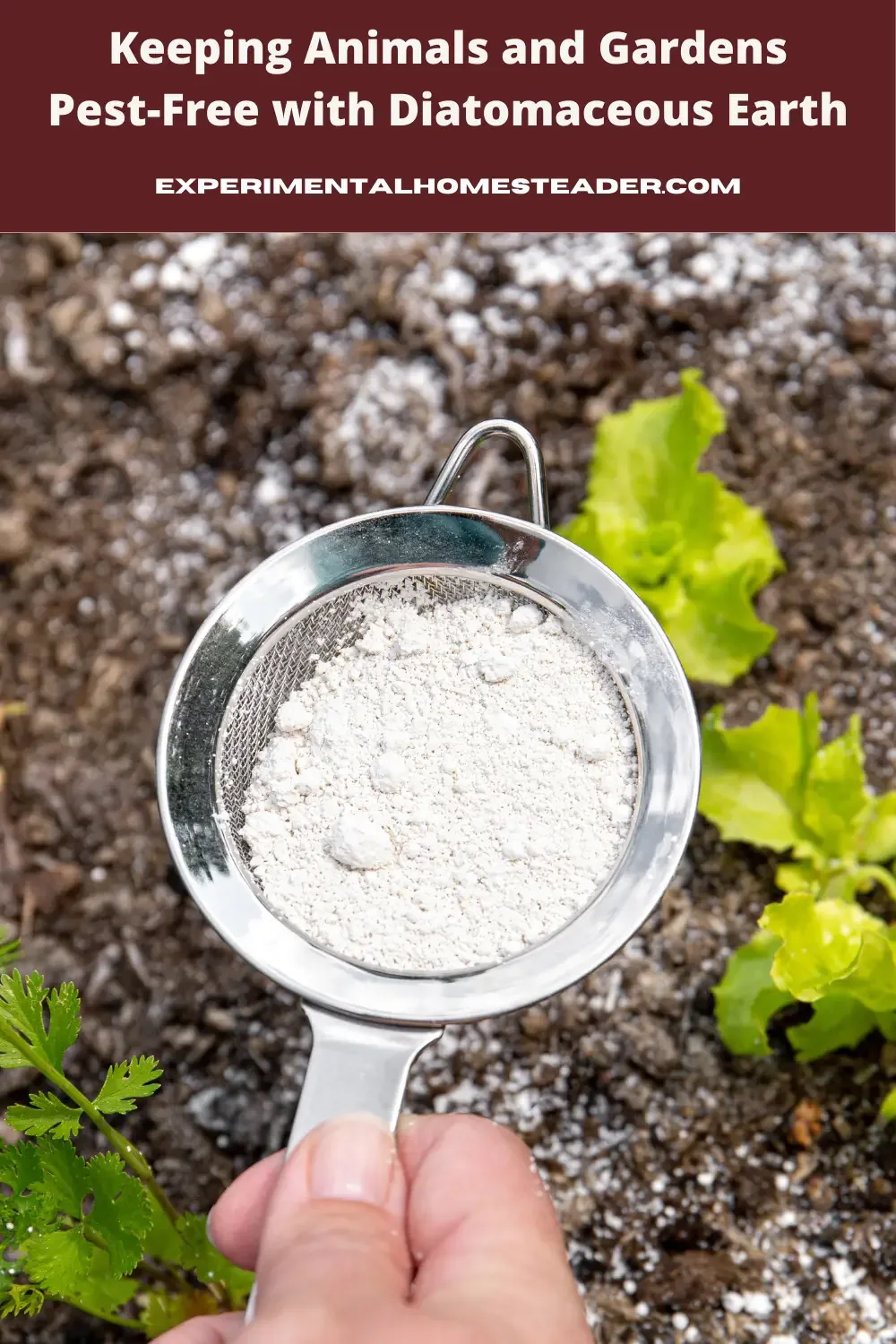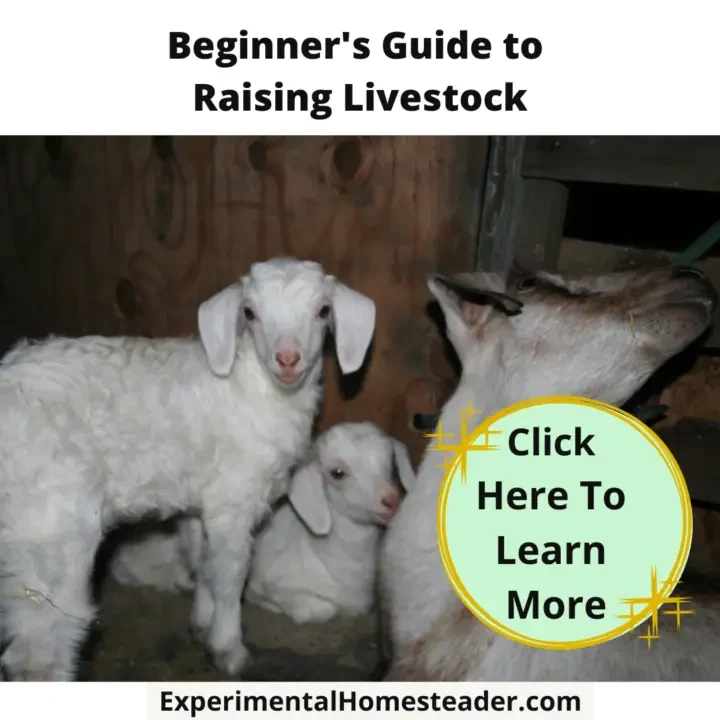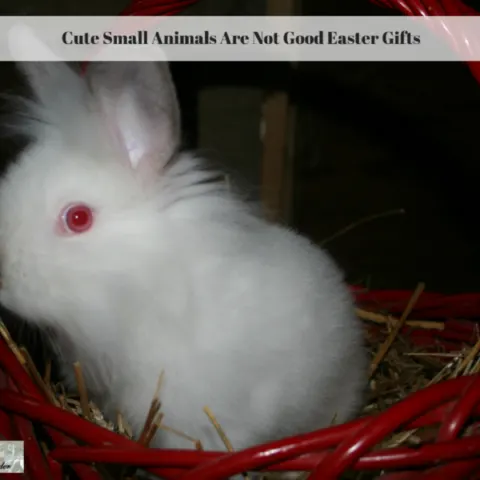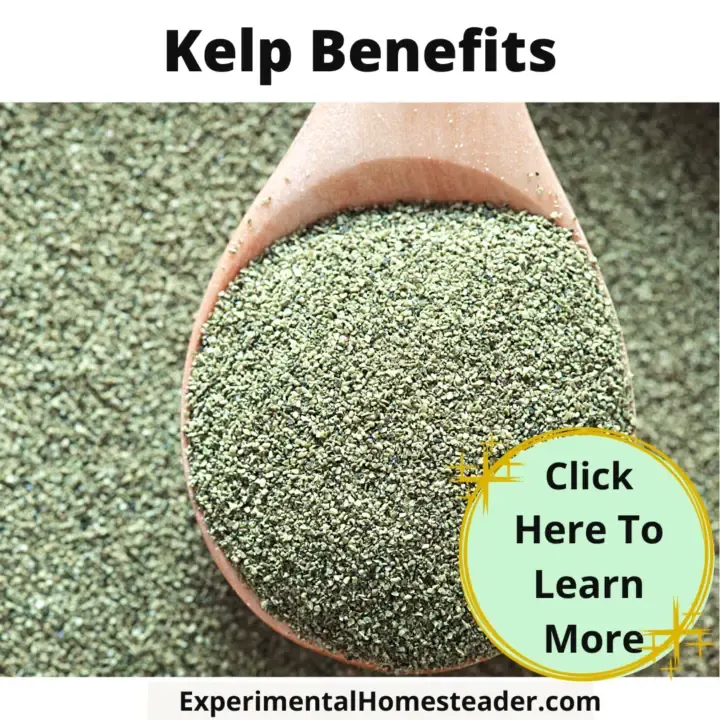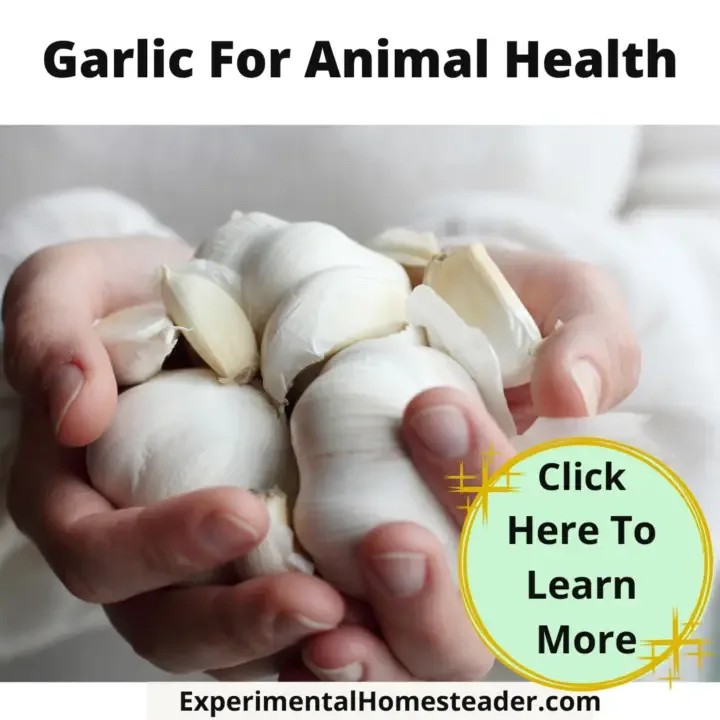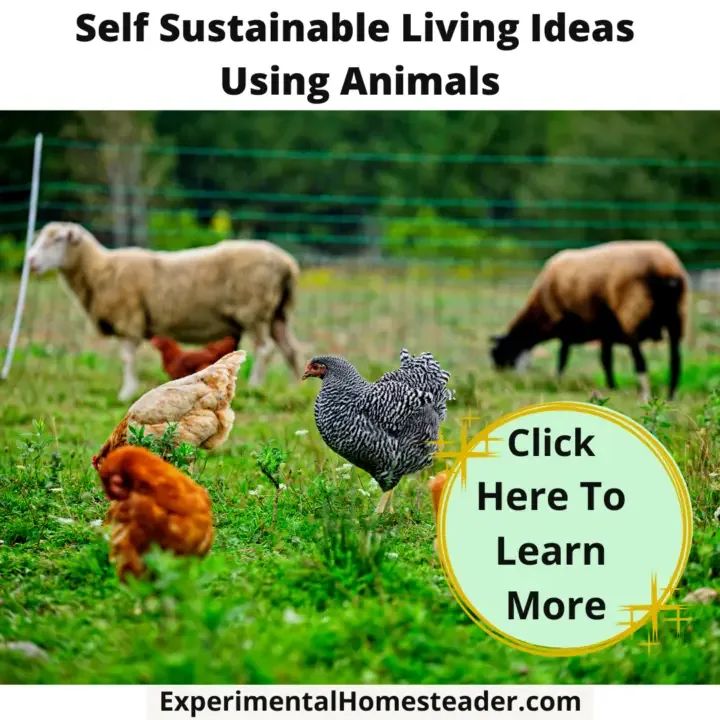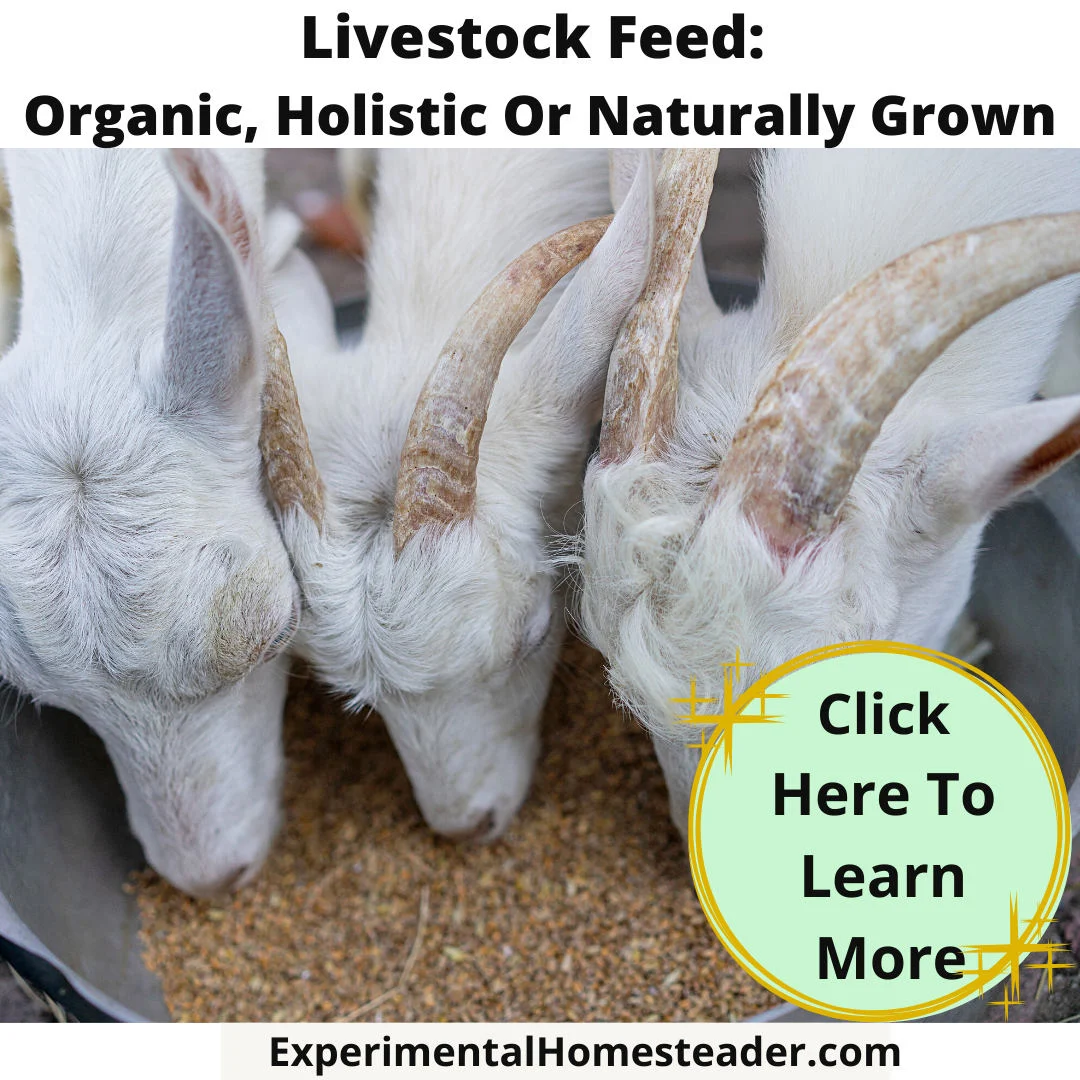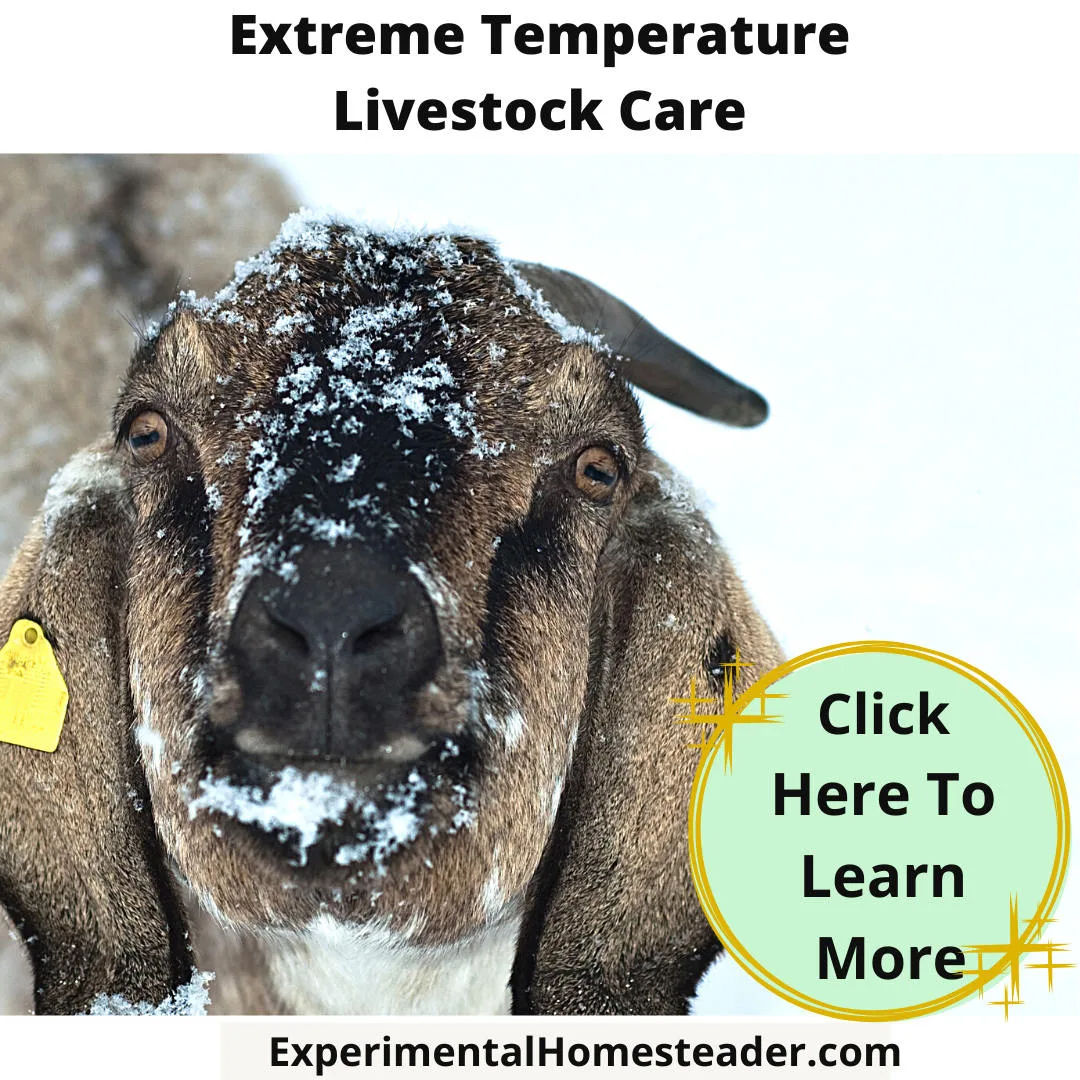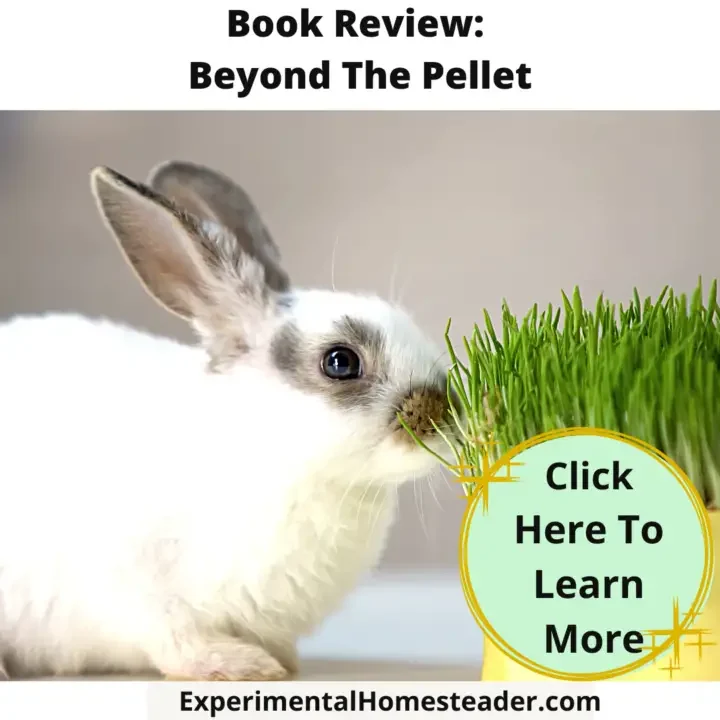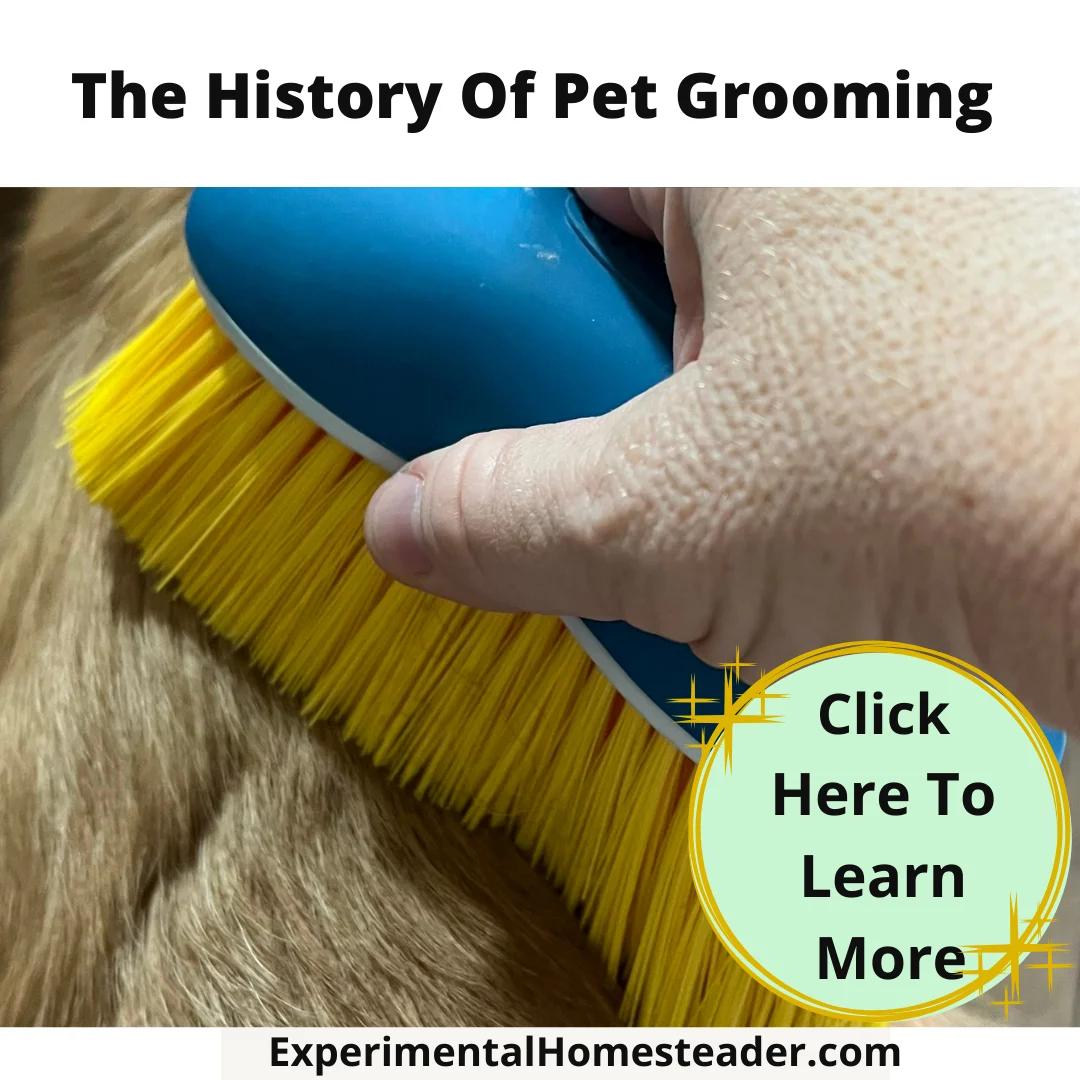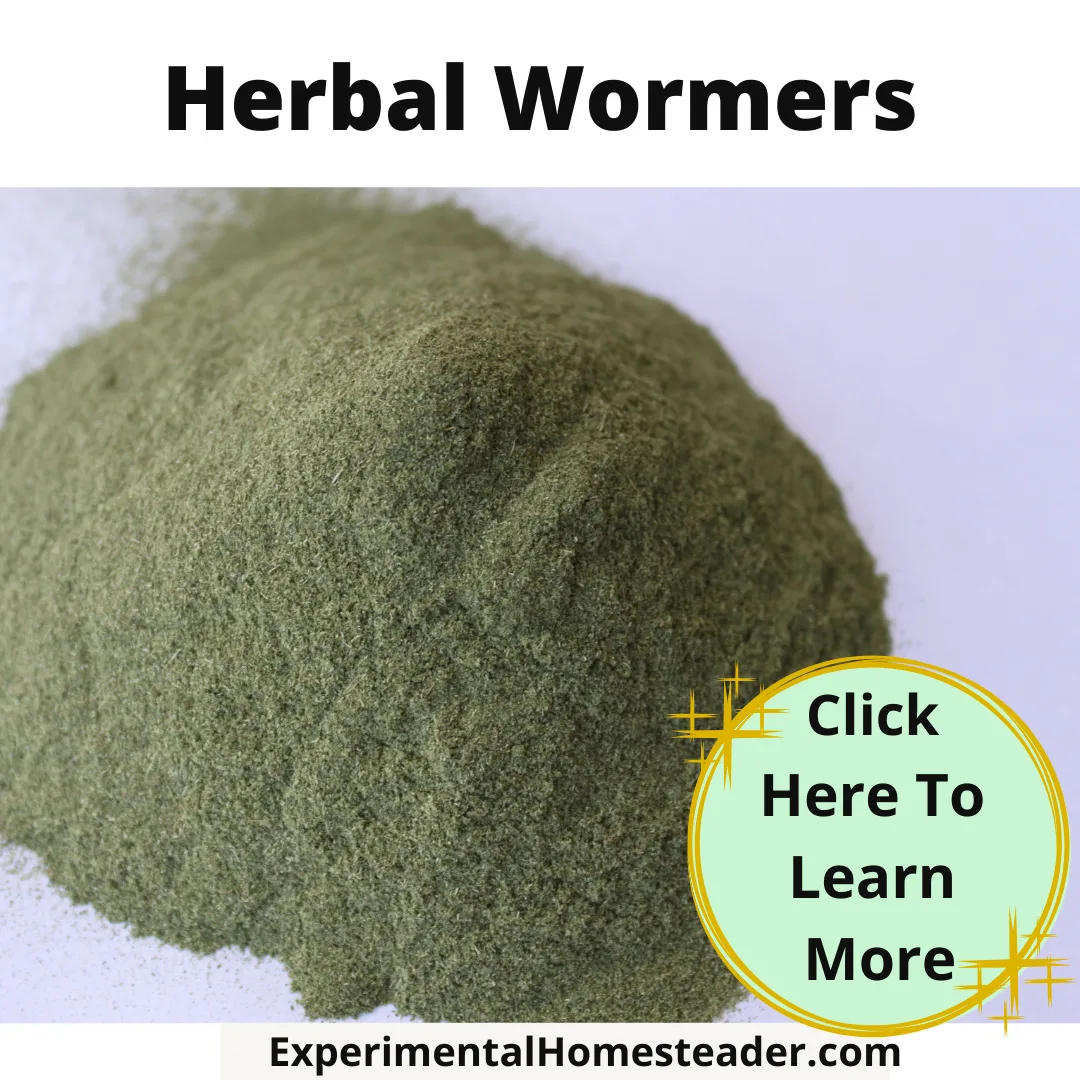Diatomaceous earth, or DE, is a remarkable asset in maintaining the well-being of our animals and homesteads.
Its versatility spans across various applications, making it a game-changer for the care of livestock, poultry, and even gardens.
DE's effectiveness against parasites, particularly coccidiosis, is noteworthy.
However, patience is key, as the results you want may take up to three years, based on my experience.
Establishing a consistent routine, such as spreading DE on the ground and in stalls, proves crucial.
Whether changing bedding or sprinkling it during winter months, DE's preventive benefits shine through.
From fiber animals battling lice to poultry facing mites, DE's applications are diverse.
It's a natural flea repellent and an ally in garden pest control.
What sets DE apart is its natural composition – fossilized deposits of microscopic shells created by Diatoms.
Opting for food-grade DE ensures its suitability for homesteading purposes.
In essence, DE is not just a remedy; it's a holistic approach to nurturing a healthy and thriving environment for our beloved animals and gardens.
So let's dive in and learn more about embracing the natural power of DE on your homestead as we have done on ours.
Parasite Prevention in Livestock: A Holistic Approach with Diatomaceous Earth (DE)
Diatomaceous earth, or DE, emerges as a formidable ally in the ongoing battle against parasites in livestock, showcasing particular prowess in combating coccidiosis.
Here's a closer look at how DE's preventive measures can make a significant difference in the health and well-being of your animals:
- Consistency is Key: Immediate results may not be apparent, as the full benefits of DE may take up to three years to manifest. Patience and persistence are crucial for long-term success.
- Ground Application: Incorporating DE into your routine is vital. Regularly spreading it on the ground, in stalls, and other areas frequented by your livestock establishes a protective barrier against parasites.
- Bedding Enhancement: During bedding changes, seize the opportunity to fortify the environment. Generously apply DE underneath and on top of the bedding, creating an additional layer of defense.
- Winter Precautions: As winter arrives, continue the application. Always wear a mask to protect yourself, especially when spreading DE. Ensure animals are temporarily moved from the area to avoid inhalation.
- Feed Incorporation: Take advantage of DE's preventive properties by incorporating it into the animals' feed. A ratio of 1% is effective, ensuring a consistent and controlled intake.
- Kelp Fusion: For those animals enjoying kelp in their diet, mix DE with kelp for a combined nutritional and protective boost.
In embracing these practices, you not only shield your livestock from parasites but also cultivate a proactive and holistic approach to their overall health.
DE's versatility and preventive qualities contribute significantly to a thriving homestead environment.
Fiber Animals and Poultry
When it comes to fiber animals grappling with lice or pests, the application of Diatomaceous Earth (DE) can be a transformative solution.
However, it's crucial to approach this versatile remedy with caution, as DE may have a drying effect on the animals' skin.
Let's delve into the multifaceted applications of DE in the care of fiber animals and poultry:
Fiber Animals: Combatting Lice and Pests
- Targeted Application: A sprinkle of DE on the skin of fiber animals proves to be a potent defense against lice and pests. This targeted approach ensures that DE directly addresses the problematic areas, offering relief to the animals.
- Cautions and Considerations: While DE is effective, its drying effect demands careful consideration. Monitoring the animals' skin condition and adjusting the frequency of application is essential to strike a balance between pest control and skin health.
Poultry Houses: A Comprehensive Solution
- Nest Box Enhancement: DE's versatility extends to poultry houses. Integrate it into nest boxes to combat mites and lice effectively. This proactive measure creates a protective environment for eggs and chicks, preventing infestations from the start.
- Floor Application: Extend the use of DE to the poultry house floor and nest boxes. This not only targets existing pests but also acts as a preventive measure against a range of soft-bodied insects. DE's microscopic nature allows it to penetrate nooks and crannies, reaching hidden pests.
Diatomaceous Earth (DE): A Natural Defender Beyond Livestock - Flea Control and Garden Guardian
Diatomaceous Earth (DE) transcends its role in livestock care, emerging as a natural and formidable force in flea control and garden pest management.
Here's a closer look at how DE slices and dices its way through soft-bodied insects, providing a dual benefit of flea control and garden protection.
1. Flea Control: A Natural Buster
- Versatile Flea Repellent: DE's microscopic composition allows it to effectively combat fleas, slicing through their exoskeletons and dehydrating them. This natural approach makes it a versatile and safe solution for flea control in various environments including the home, just be sure to wear a mask when applying it, use food-grade DE in case it is ingested and avoid any dust clouds of DE in the air.
- Top Dressing for Compost Piles: Adding DE as a top dressing to compost piles proves to be a strategic move. As it targets fly larvae and other soft-bodied insects, it aids in the decomposition process without harming beneficial organisms like earthworms.
2. Garden Guardian: A Holistic Approach to Pest Management
- Defense Against Bean Beetles: DE's efficacy extends to the garden, where it serves as a powerful defender against pests like bean beetles. Its abrasive nature acts as a deterrent, preventing these pests from causing damage to your crops.
- Warding off Hornworms: Hornworms, notorious for their destructive impact on plants, find themselves challenged by the presence of DE. As a natural and organic alternative, DE offers a solution that aligns with environmentally conscious gardening practices.
3. Holistic and Organic Gardening:
- Safe for Beneficial Organisms: One of the remarkable features of DE is its selective targeting. While it effectively deals with pests, it spares beneficial organisms like earthworms. This ensures a balanced and sustainable garden ecosystem.
- Chemical-Free Approach: Embracing DE in the garden promotes a chemical-free and organic approach to pest management. Its natural composition aligns with eco-friendly gardening practices, minimizing the impact on the environment.
Incorporating DE into your gardening practices is not just about pest control; it's a commitment to a holistic and organic approach.
From flea-infested environments to garden beds threatened by pests, DE stands as a guardian, providing a natural solution that nurtures the health of your plants and the overall well-being of your outdoor space.
The Natural Wonder of DE
What makes DE stand out is its natural composition, derived from fossilized deposits of microscopic shells created by Diatoms.
It's essential to choose a food-grade DE for these applications, steering clear of pool filter varieties.
The all-natural goodness of DE is a testament to its versatility and effectiveness.
Incorporating DE into your homesteading practices is not just about addressing specific issues; it's a holistic approach to maintaining a healthy and thriving environment for your animals and gardens.
So, let's embrace this natural ally on our homesteading journey!
Guide to Raising Livestock
Beginners Guide To Raising Livestock
Ready to start raising livestock on your homestead? Get the insights you need with this Beginner's Guide to Raising Livestock.
Cute Small Animals Are Not Good Easter Gifts
Cute small animals are often brought home as Easter gifts. Consider the animal welfare issues before doing this and remember cute small animals grow up.
Kelp Benefits
Kelp is a powerful weapon against parasites in animals. Learn more about its incredible nutritional and natural anti-parasitic properties.
Self Sustainable Living Ideas Using Animals
Animals are a great way to help you achieve your self sustainable living ideas. Learn what animals are best for your self sufficiency plan.


